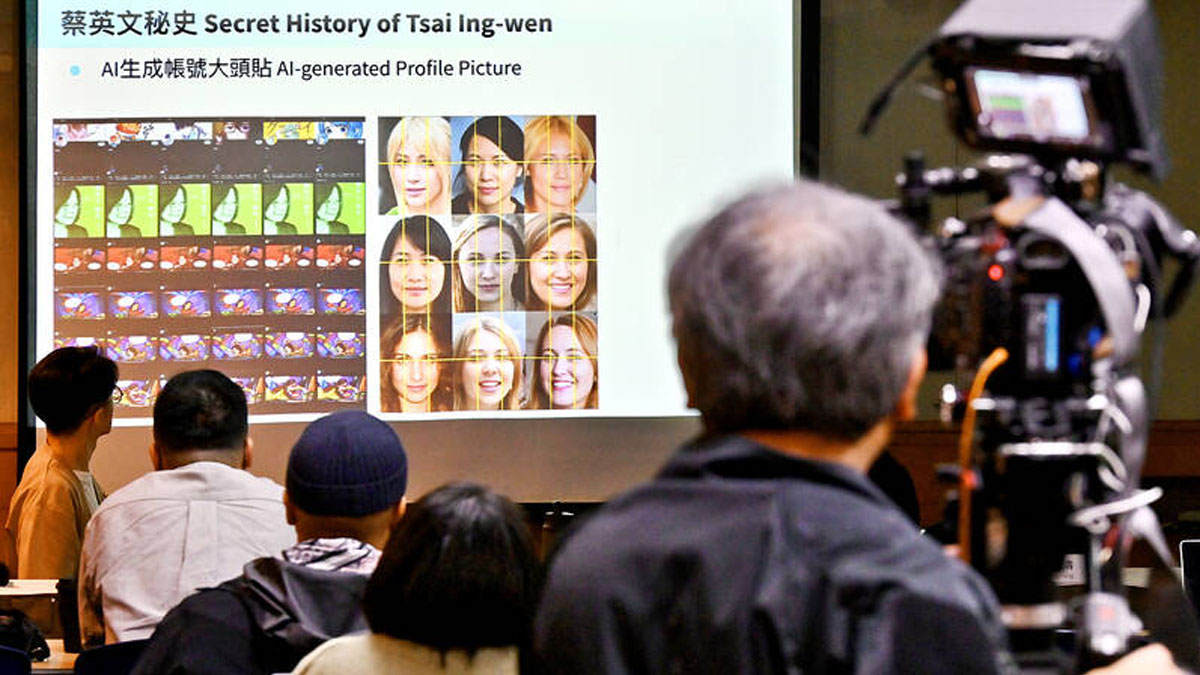In an alarming report published by Taipei-based think tank Doublethink Lab, China is highlighted as continuing to escalate its disinformation campaign against Taiwan, utilizing increasingly diverse tactics of information manipulation. The report, released yesterday, delves into the strategies employed by China during Taiwan’s recent presidential and legislative elections, shedding light on the potential manipulation methods anticipated in the future.
The think tank uncovered that, leading up to last month, Chinese-controlled news outlets and social media accounts focused on amplifying controversial issues in Taiwan to exacerbate social conflicts, a strategy initiated in 2022. According to the report, foreign actors selectively chose narratives from Taiwanese politicians or pundits to disseminate US skepticism and defamatory information about the ruling Democratic Progressive Party (DPP) and its leaders.
In the lead-up to the elections, China began fabricating fake news, including baseless accusations against the DPP of initiating rumors about China pressuring Taiwanese rock band Mayday to make pro-China statements. Additionally, Beijing actively fueled rumors concerning the alleged illegitimate children of a prominent DPP figure, as well as disseminating false content from a book titled “[President] Tsai Ing-wen’s secret history.”
The report reveals a shift in China’s disinformation tactics, noting a departure from using state media to employ a large number of false accounts and generative artificial intelligence (AI). This change allows China to disseminate slander and outrageous information more prolifically, making it challenging to trace the sources of disinformation.
Post-election, the report suggests that Beijing is likely to persist in playing up domestic conflicts within Taiwan, diverting attention from foreign actors. The emphasis might shift to local issues, making it difficult for authorities and researchers to pinpoint the origin of information. Generative AI technology is cited as a significant contributor to this challenge, reducing both the time and labor costs of content production.
The think tank conducted a pre-election survey, revealing that 37.6 percent of Taiwanese have never fact-checked the information they receive online, despite an increasing reliance on online sources for political information. The report notes a concerning trend toward conspiracy narratives, making it more challenging to debunk false information. Approximately half of the respondents favored US-skepticism narratives, with 40.4 percent declining to identify the source of false information. Among those who did, 26.6 percent attributed it to the DPP, while 15.2 percent believed it originated from China.
The survey, conducted from January 1 to the week before the elections, collected 1,504 valid samples with a 95 percent confidence level and a margin of error of 2.53 percent. As China’s disinformation campaign becomes more sophisticated, concerns are growing about its impact on the information landscape in Taiwan and the potential consequences for the region’s stability.
















Comments